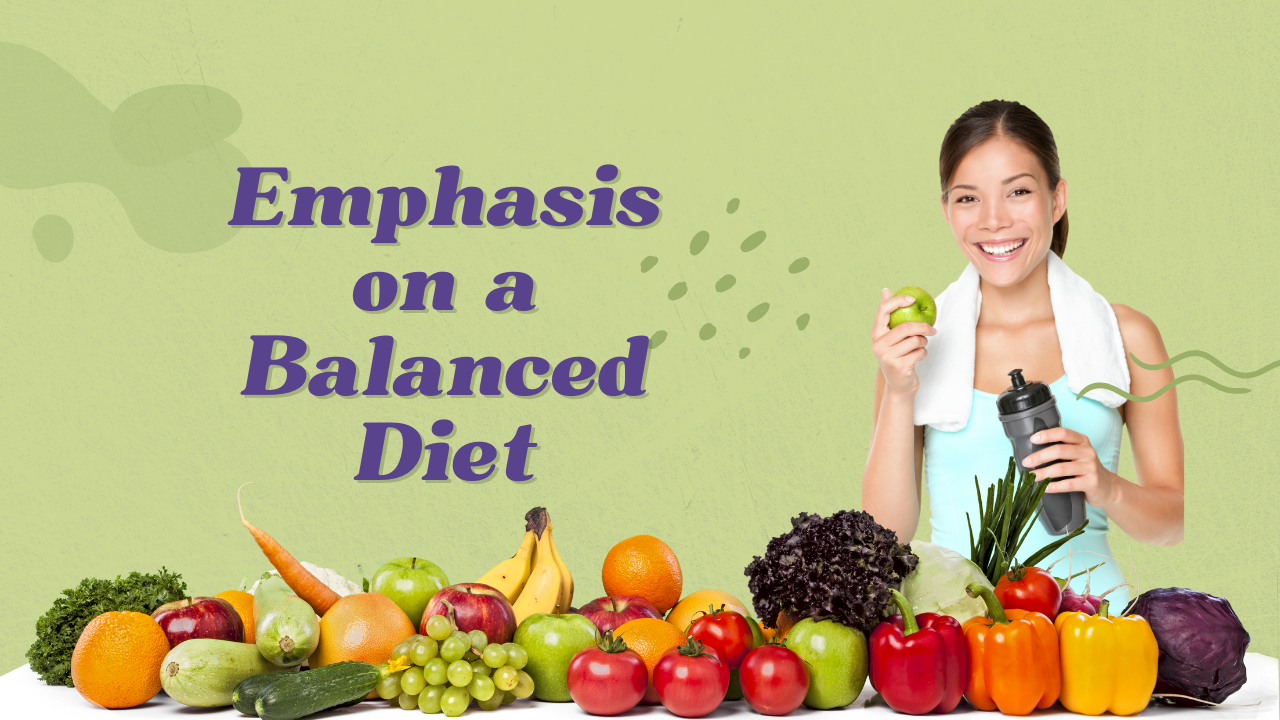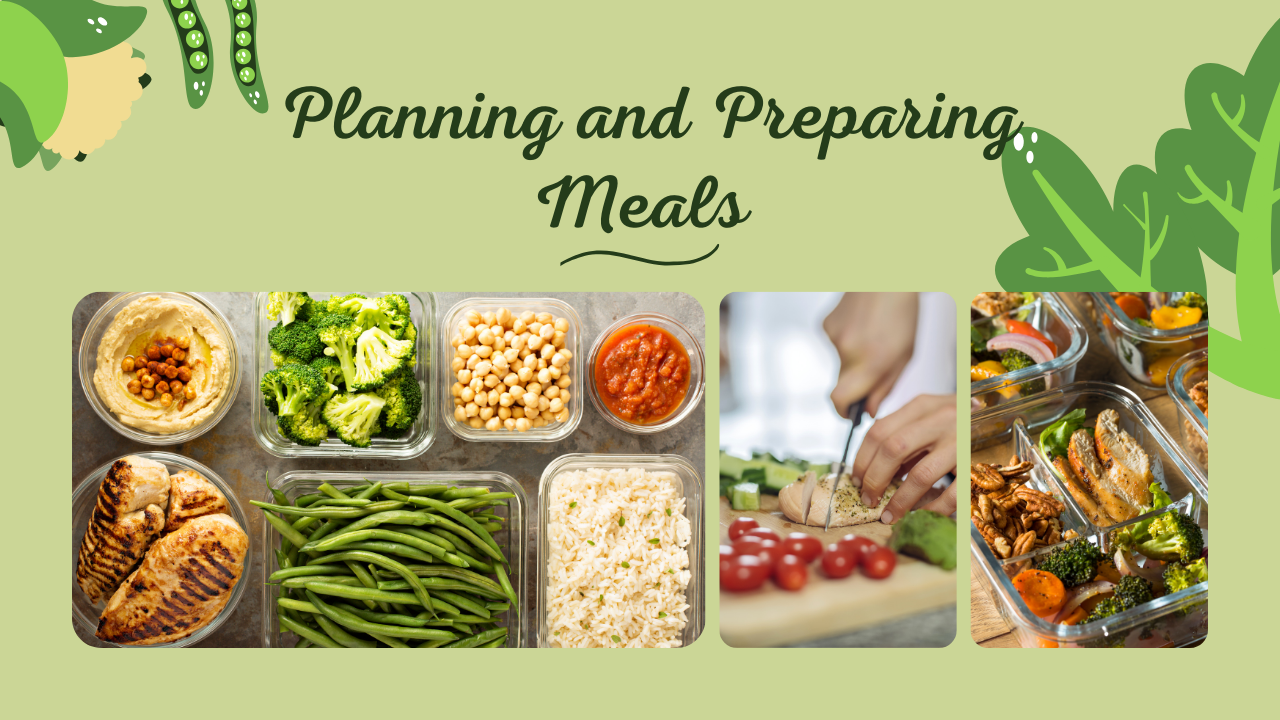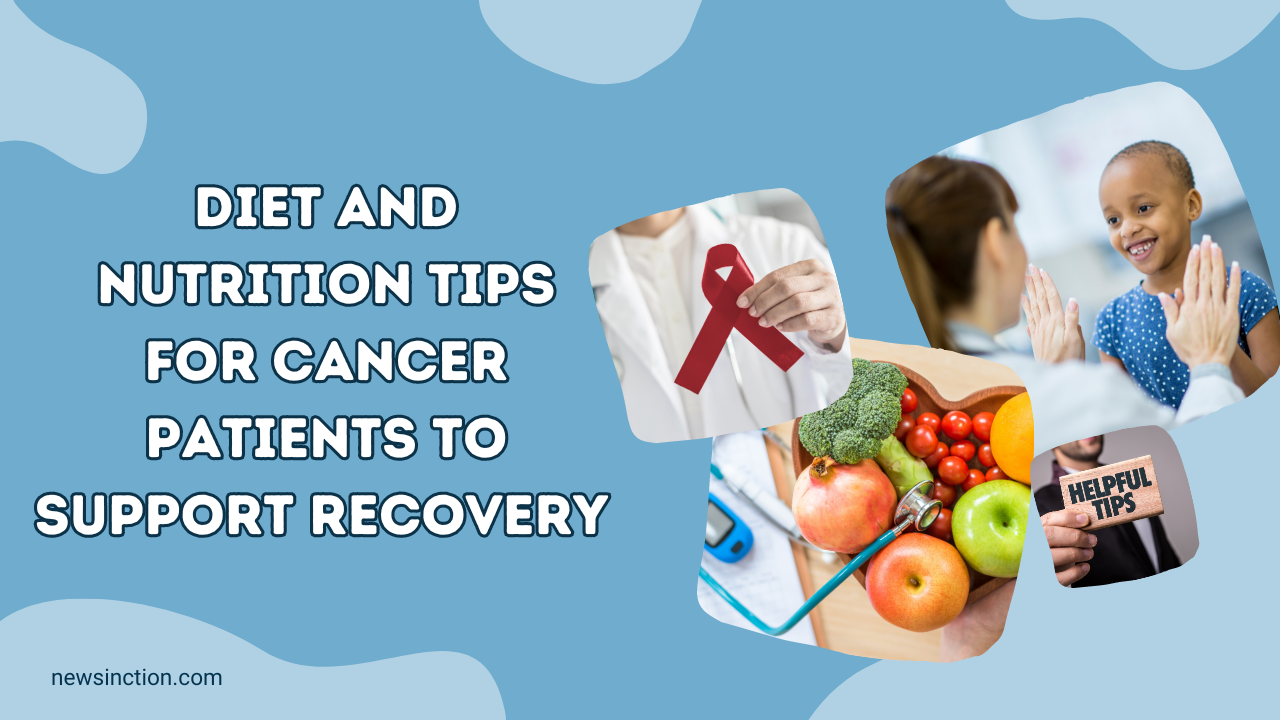Cancer can be a life-threatening diagnosis, but with proper diet and nutrition, patients can aid in their recovery and increase their immunity. While treatment is essential, the food you consume is crucial in how you feel during and after treatment. Nutritional advice can help alleviate issues, boost energy levels, and improve overall health. This article will provide excellent advice on diet and nutrition for cancer patients. It also offers helpful advice on how to speed the healing process and improve the immune system.
Importance of Nutrition During Cancer Treatment
Treatments for cancer, including radiation and chemotherapy, can cause damage to the body. Nutritional health is vital as it:
- Supports the Immune System: A robust immune system helps the body fight illnesses and recover.
- Maintains Energy and Strength: Eating well can help keep muscle mass, energy levels, and overall strength in check.
- Manages treatment side effects: Proper nutrition can help with side effects such as fatigue, nausea, and appetite loss.
Emphasis on a Balanced Diet

A balanced diet is crucial for cancer patients. It must include various food items that give the body the necessary nutrients.
- Fruits and vegetables: Choose a range of vibrant fruits and vegetables. They are high in antioxidants, vitamins, and minerals, which benefit combat cancer and boost the immune system.
- Whole grains: Include whole grains like brown rice, oatmeal, and Quinoa. They deliver the energy needed and are also an excellent source of fiber that helps digestion.
- Lean Proteins: Lean protein sources include turkey, chicken eggs, fish, and plant-based proteins such as lentils and beans. Protein is vital for tissue repair and maintaining muscle mass.
- Healthy fats: Choose healthy fats from sources such as avocados, seeds, nuts, and olive oil. These fats benefit your brain and help provide lasting energy.
Stay Hydrated
Drinking suitable water is essential, particularly for cancer patients. The effects of dehydration can be exacerbated by nausea and fatigue.
- Hydration: Drink plenty of water throughout the day. Depending on your requirements, aim for 8-10 glasses.
- Herbal Teas Herbal teas, such as peppermint and ginger, can soothe the digestive tract and are a great alternative when plain water isn’t easy to drink.
- Soups and broths are hydrating and maybe nutrient-rich, particularly if you have difficulty eating solid foods.
Organize Nausea and Appetite Loss
Loss of appetite and nausea are typical side effects of chemotherapy for cancer. Here are some ways to help manage these symptoms:
- Small, frequent meals: Eating smaller meals often can be more convenient than three big meals. This method can help keep energy levels up.
- Ginger is a natural remedy for nausea. Include ginger tea in your snacks to ease nausea.
- High-Calorie and Nutrient-Dense Foods If you are feeling hungry, you should focus on high-calorie nutritious foods such as nuts, avocados, nut butter, and smoothies, which focus on providing essential nutrients but don’t require massive quantities.
Boosting the Immune System
A robust immune system is crucial for fighting cancer and aiding recovery. Certain foods can help boost immunity:
- Vitamin C-rich foods: Citrus fruits, bell peppers, strawberries, and broccoli are rich in vitamin C, which aids the immune system.
- Zinc Lean fish, meats, nuts, and seeds are rich in zinc, which is crucial to the immune system’s health.
- Probiotics Foods rich in probiotics, like yogurt, kefir, and fermented veggies, support the health of your gut and are tightly linked to immune system health.
Incorporate Antioxidant-Rich Foods
Antioxidants safeguard the body’s cells from harm, which is particularly crucial when undergoing cancer treatment.
- Berry: Raspberry, blueberry, and strawberry are rich in antioxidants. They can be easily included in food items or snacks.
- Dark Leafy Greens, such as Spinach, kale, and Swiss Chard, contain antioxidants and vitamins that support overall health.
- Nuts and seeds: Almonds, walnuts, flaxseeds, and chia seeds are great sources of antioxidants and healthy fats.
Avoid Processed Foods
Processed food products often contain harmful sugars, fats, and preservatives, reducing immunity and increasing inflammation.
- Reduce processed snacks: Avoid packaged snacks such as cookies, chips, and sweet cereals. Instead, choose whole foods like nuts, fruits, and yogurt.
- Limit red and processed Meat. Limit consumption of processed and red meats such as bacon sausages, sausages, and Deli meats, which are linked to an increased risk of developing cancer.
Consider Supplementation
Although whole foods are considered excellent food sources for nutrients, certain cancer patients might require additional supplements to fulfill their nutritional requirements.
- Talk to Your Physician: Before beginning any supplement, it is essential to talk to your doctor since certain supplements could cause harm to treatment for cancer.
- Multivitamins, vitamin D, and omega-3 fatty acids are the most commonly used supplements, and they are often recommended to cancer patients to improve general health.
Tailoring Nutrition to Treatment Side Effects
Different cancer treatments can trigger various side effects. Diets can be modified to benefit and manage these.
- Chemotherapy Can induce nausea, vomiting, and changes in taste. Concentrate on bland, simple-to-digest food items, and drink plenty of water.
- Treatment for Radiation: Depending on the treatment location, it could cause mouth sores. Soft, soothing food items like soups and smoothies are beneficial.
- Operation: Recovery may require more proteins and calories to benefit and promote healing.
The Role of Physical Activity
Physical activity, in conjunction with a healthy diet, plays a vital role in regaining cancer. Exercise can increase mood, decrease fatigue, and boost the immune system.
- Easy Exercises: Walks, yoga, and stretching are ideal for maintaining mobility and reducing stress.
- Strength Training Training for strength in a light manner can help keep muscle mass in check and improve overall strength.
Emotional and Psychological Support Through Nutrition
Healthy eating isn’t just about physical health. It may be a great way to deliver both psychological and mental assistance.
- Comfort Foods Include healthy alternatives to comfort foods that give happiness and satisfaction.
- Social eating: Sharing meals with friends and family can deliver emotional assistance and increase the overall dining experience.
Planning and Preparing Meals

Preparing and planning meals can be difficult during cancer treatment, but it is crucial to ensure that one is eating well.
- Meal Preparation: Prepare meals in advance when you’re feeling the energy. Preserving portions in the freezer can make preparing healthy meals on hand easier in case you’re sick.
- Essential Recipes mindfulness upon simple and easy recipes that are healthy and filling.
- Request assistance: Don’t hesitate to solicit benefits from family members or friends. Benefit in the kitchen or shopping for groceries.
Mindful Eating Practices
Mindful eating involves being aware of what and how you eat. It can improve your relationship with food and help you manage your symptoms.
- Eat slowly: Take your time to eat, taking in every bite. This can benefit digestion and lessen nausea.
- Pay attention to your body: Watch for signs of fullness and hunger and eat when hungry, even if it’s not during regular eating times.
Be Positive about Food
A positive and healthy relationship with food is vital when undergoing cancer treatment. Food is an element of comfort, pleasure, and the ability to fight.
- Celebrate Small wins: Celebrate when you can eat well or have a great meal regardless of the portion size.
- Attention on Nutrition: View food as a means to replenish and heal your body. This can create a positive mindset about eating.
Conclusion
Nutrition and diet are essential to healing from cancer and increasing the immune system. Following a well-balanced diet, staying hydrated, managing adverse effects from treatment, and incorporating foods that boost immunity can benefit cancer patients, support their recovery, and increase their quality of life. Adapting your diet to your requirements and seeking advice from health experts to ensure the perfect results is essential. Remember that each meal provides a chance to nourish your body and aid in your journey towards recovery.
FAQs
Certain foods can benefit lessen the negative side consequences of treatment for cancer?
Certain foods, like ginger, can help lessen nausea, and high-protein foods can help maintain energy and muscle mass throughout treatment.
Can cancer patients take nutritional supplements?
Although some supplements could benefit you, it is vital to talk with a medical doctor before beginning any new supplements because they may interact with treatment.
How important is hydration in the cancer treatment?
Hydration is vital since it aids in managing fatigue-related symptoms and improves overall health. Drinking plenty of fluids and eating hydrating foods, such as fruits and broths is a good idea.
Does exercise help cancer patients while they are undergoing treatment?
Yes, gentle activities such as yoga and walking can increase mood, decrease fatigue, and help support the immune system. It’s crucial to tailor your fitness activities to your current ability and energy level.
How should I handle it if I am losing my appetite while taking treatment?
If you’re not eating well, If you feel hungry, try small frequent meals and nutrient-rich food items. Smoothies or soups that are high in calories could ensure that you’re also taking in sufficient nutrients.
